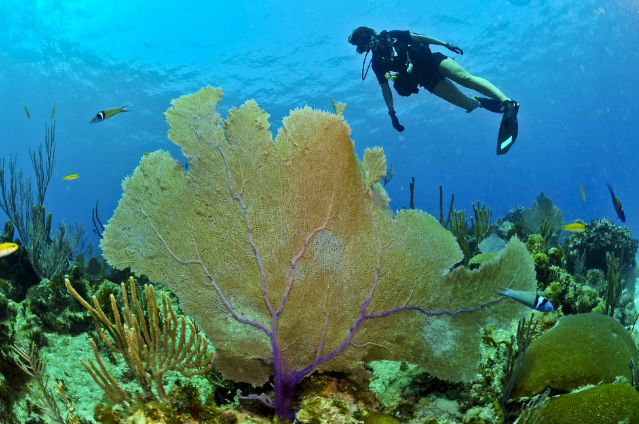
Australia's ocean forest is among one of the most productive ecosystems in the world, parallel to that of the Amazon rainforest, a global study led by a team from The University of Western Australia has discovered.
Dr. Albert Pessarrodona from the University's Oceans Institute and School of Biological Sciences was lead author of the study 'Global Seaweed Productivity' published in Science Advances Journal.
The most productive oceans hailed from the Great African Sea Forest along Africa's southern tip and Australia's Great Barrier Reef.
Just as on land where forest productivity peaks in tropical rainforests, productivity in the sea peaked around temperate regions which are usually bathed in cool and nutrient-rich water.
The forests grow two to eleven times faster than many crops cultivated today.
Australia's neighbour Indonesia reaps the benefits in their seaweed aquaculture on land, with seeds extracted from the ocean forests.
The mass production assists in the world's future food security. The ocean forests absorb large quantities of carbon dioxide from the atmosphere which could aid in the mitigation of climate change.
Kelps, the brown seaweeds forming the forests, can reach 35 meters tall as they capture this carbon along with the sun's energy just like a terrestrial forests. This creates a complex, multi-dimensional structure that is a habitat for many species.
The project was definitely not a cakewalk for the researchers.
On land, we can use satellites to measure tree growth, but underwater things are much more complicated as most satellites cannot take measurements at the depths kelp forests are found. To deal with it, the productivity studies of divers were compiled to model how productivity changed with variables like nutrients, temperature, light, and wave exposure.
The research has revealed that under-water forest growth is the most productive. The cool and nutrient-rich water has led to the formation of the most exuberant ocean forest. These forests have assisted all of us to deal with the drastic climate events occurring all over the world.
. . .
References:
- www.smh.com.au
- au.thenews-24.com
- r/UpliftingNews
